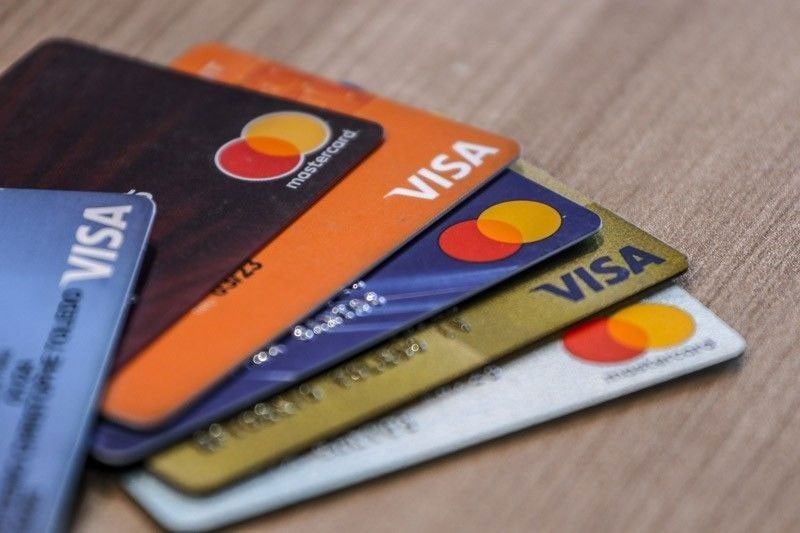Credit card rates are still at 2% per month

MANILA, Philippines — The Bangko Sentral ng Pilipinas (BSP) is likely to keep the credit card transaction cap at 2 percent per month or 24 percent per year given the low interest rate environment as the country continues to recover from the effects of the pandemic.
Pending approval by the Monetary Board, the interest rate approved more than a year ago or the cap on financing fees for unpaid credit card balances would likely remain in place.
“There is no change in policy,” BSP Gov. Benjamin Diokno said in a text message.
The STAR first reported that the BSP imposes an interest rate of 2 percent per month and 24 percent per year, or a cap on financing fees, on unpaid credit card balances.
Likewise, the monthly add-on rates that credit card issuers can charge for installment loans have been retained at a maximum rate of one percent, as has the maximum processing fee of P200 per transaction when taking out credit card cash advances.
The BSP formalized the imposition of the Monetary Board-approved cap through Circular 1098 issued at the end of September 2020, and the cap went into effect on November 3, 2020 to help Filipinos cope with the impact of the pandemic.
The maximum rates and fees are reviewed by the BSP every six months.
Before the cap was introduced, the annualized interest rate on credit card receivables averaged 36 percent.
Philippine banks and credit card issuers have reported lower revenues since credit card fee caps were introduced.
The BSP has maintained an accommodative monetary policy stance, keeping interest rates at record lows since November 2020 to help the economic recovery gain momentum.
As part of its heavy-lifting and COVID response measures, the central bank cut interest rates by 200 basis points in 2020, taking the policy rate to an all-time low of 2%.
Latest central bank data showed that consumer credit granted by universal and commercial banks rose 3.6 percent to 867.79 billion pesos at the end of March.
Credit card loans saw a sharp rise of 12.1 percent to 446.06 billion pesos, reflecting the 4.2 percent decline in auto loans to 333.16 billion pesos and the 5.5 percent decline in salary-based general purpose consumer loans to 73, 98 billion pesos compensated.
At the end of March, credit growth accelerated 8.9 percent from 8.98 trillion pesos to 9.78 trillion pesos amid continued reopening of the economy due to strict COVID quarantine and lockdown measures.
